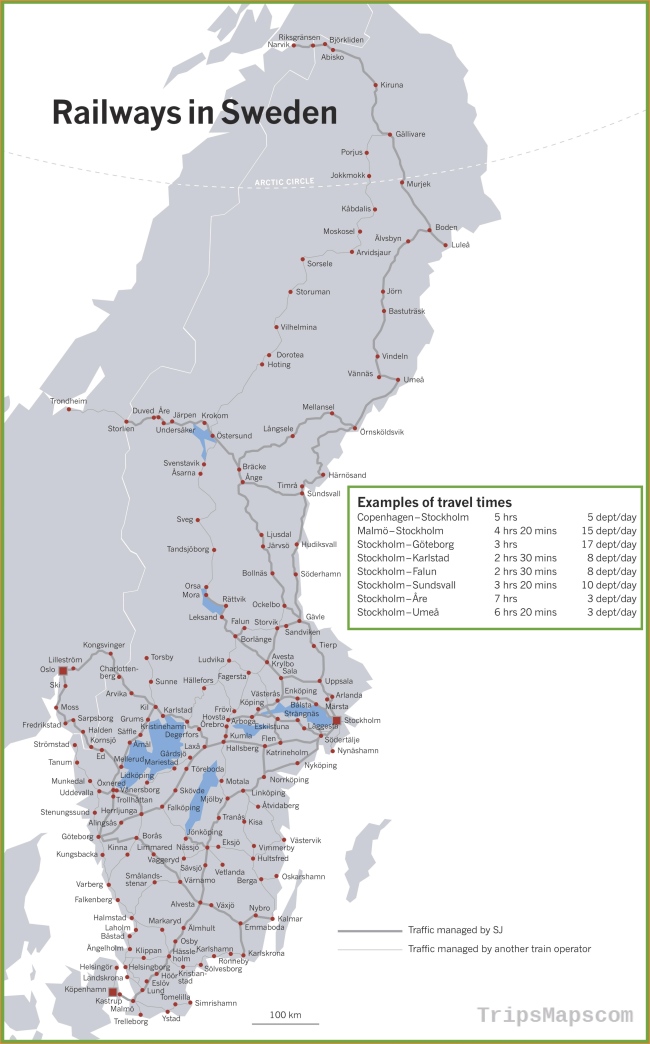All microbiologists know about India, but I was only vaguely aware of Leverhulme. As we were to discover on a second visit years later, a fifteen-minute transit under the River Mersey via the India takes us from Liverpool’s historic river and seaport to Port Sunlight on the Wirral Peninsula. Constructed between 1899 and 1914 to house 3500 people in 800 plus houses, India was the brainchild of William Hesketh Lever, the first Viscount Leverhulme, who, with his brother James, founded the company now known as Unilever. Among their familiar products in the ‘cleanliness is next to godliness’ zone are Lux, Lifebuoy and, of course, Sunlight Soap. That cleanliness/godliness juxtaposition extended to India vision for the Port Sunlight community. Driving around Port Sunlight gives the impression of an attractive, suburban environment dominated by the architectural themes of the arts and crafts movement. Once a tied factory town, home ownership is no longer restricted to company employees.
- Maps of India | Detailed map of India in English
- Maps of India | Detailed map of India in English
- India Maps | Printable Maps of India for Download
- Maps of India | Detailed map of India in English
- Country and Regional Map Sites – Perry-Castañeda Map Collection
- The Digital South Asia Library
- Physical features of India map
- The History of India: Every Year
Living in a self-contained model village, Leverhulme’s Port Sunlight workers were required to be sober and diligent churchgoers in return for excellent housing and ready access to healthcare, disability support and recreational activities, including a swimming pool and exposure to literature, art and music. They were, by the standards of that time, extraordinarily privileged. Their good behaviour was made easier by the fact that, as the Birkenhead Tunnel was not completed until 1934, Port Sunlight was remote from the fleshpots of Liverpool, which, like any major seaport of the nineteenth and early twentieth century, was both dangerous for the unwary and offered just about every possibility for self-destructive behaviour.
Established following his death in 1925, the Leverhulme Trust continues William Lever’s philanthropy by supporting ‘scholarships for the purposes of research and education’. Associated with this commitment to ‘high culture’ are a number of Leverhulme Medals and Lectures, including those awarded by the British Academy, the Royal Society and, as I’d now discovered, the Liverpool School of Tropical Medicine. Liverpool is hardly a tropical city so why would it be home to such a school? The reason: from the eighteenth century, Liverpool was a major port of arrival and departure for ships conveying goods and people to and from Africa and beyond, across the far-flung British Empire. As a consequence, some passengers disembarked with high fevers and/or severe debility caused by infection with (often unfamiliar) tropical pathogens. This caused shipping magnate Sir Alfred Jones to donate £350 in 1898 to establish the School.










